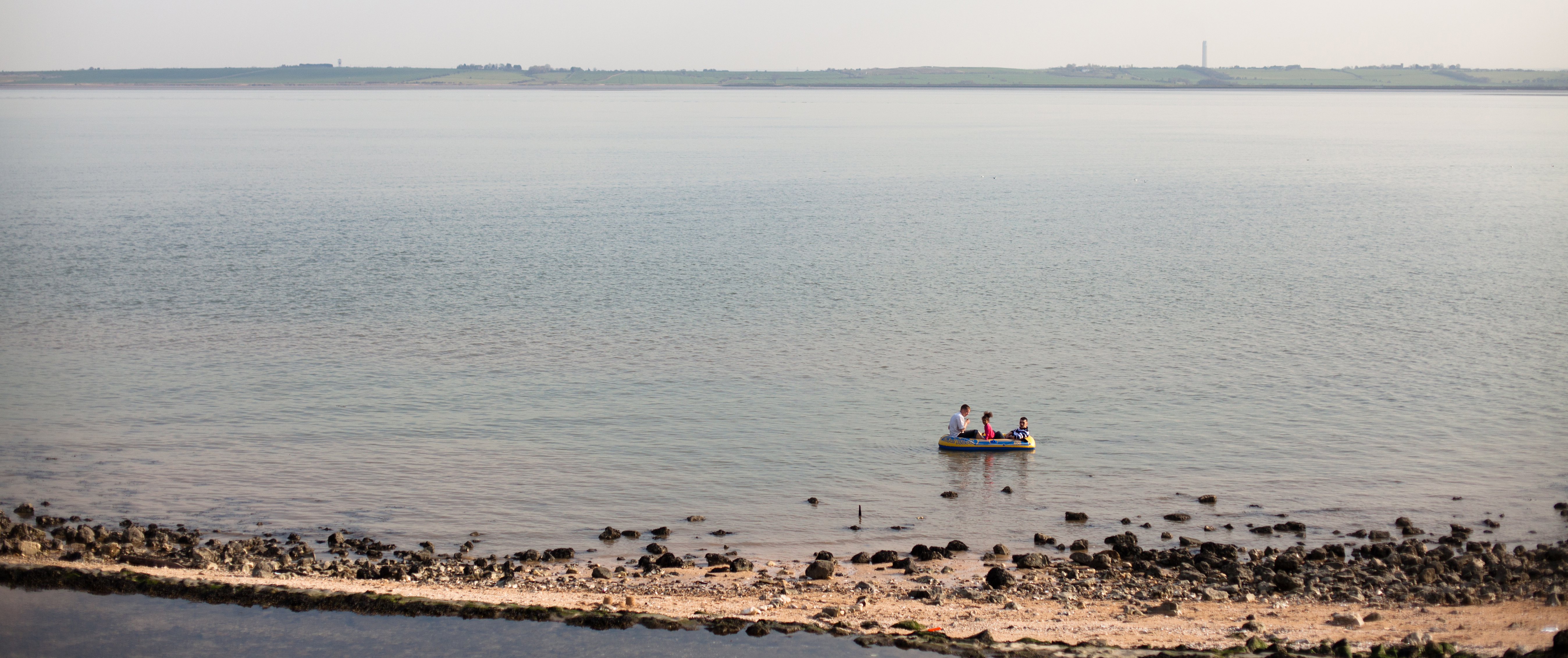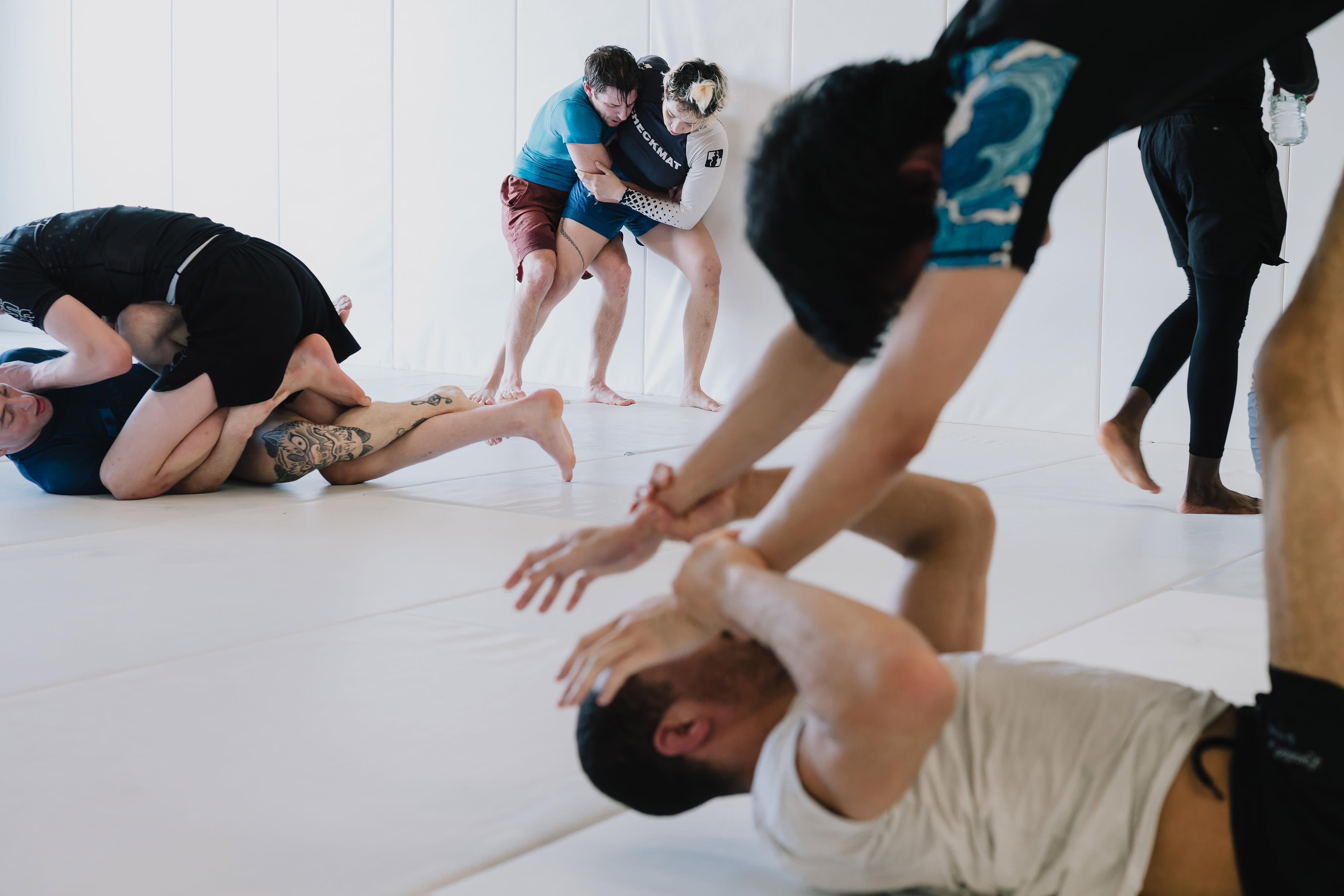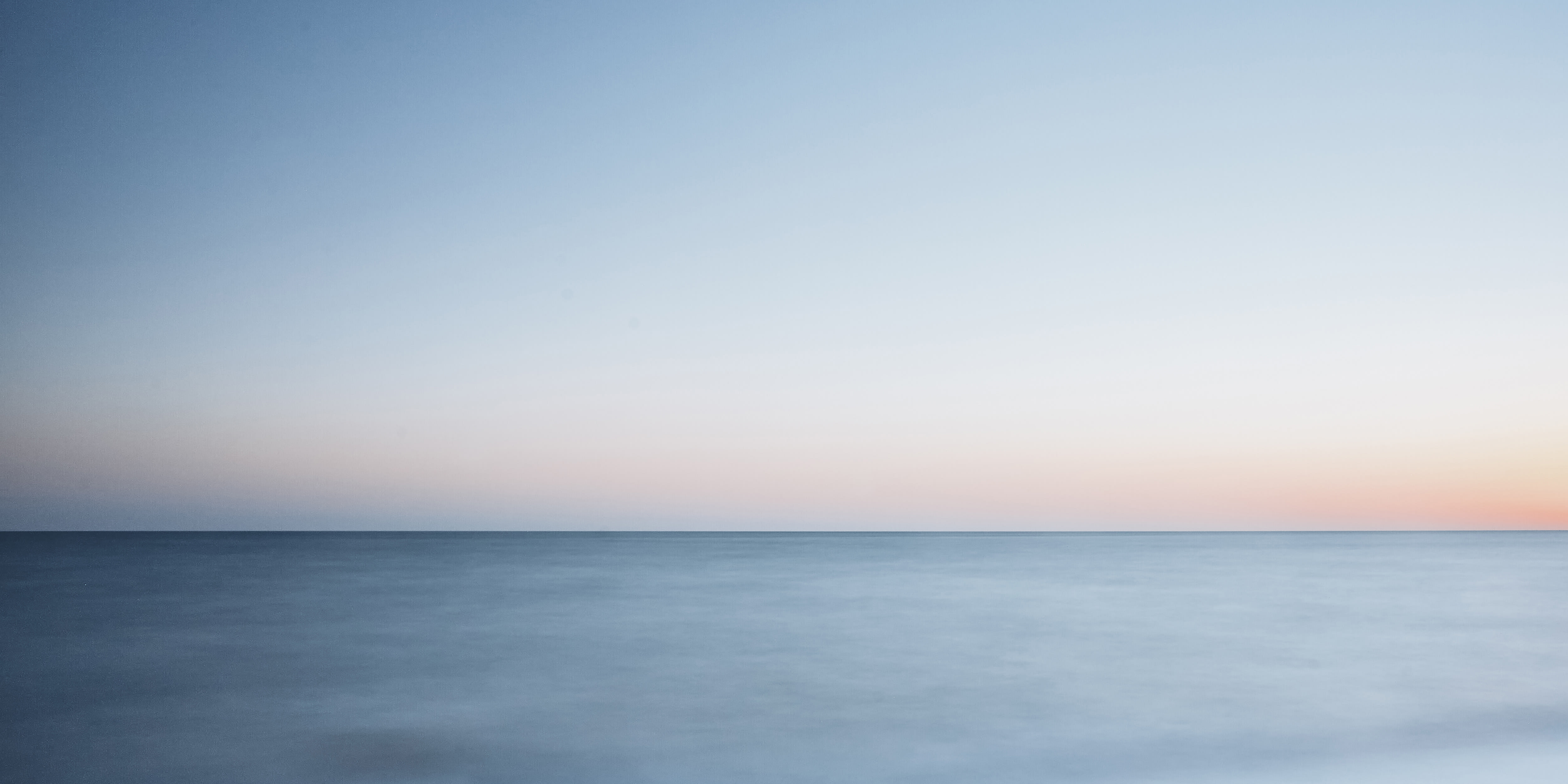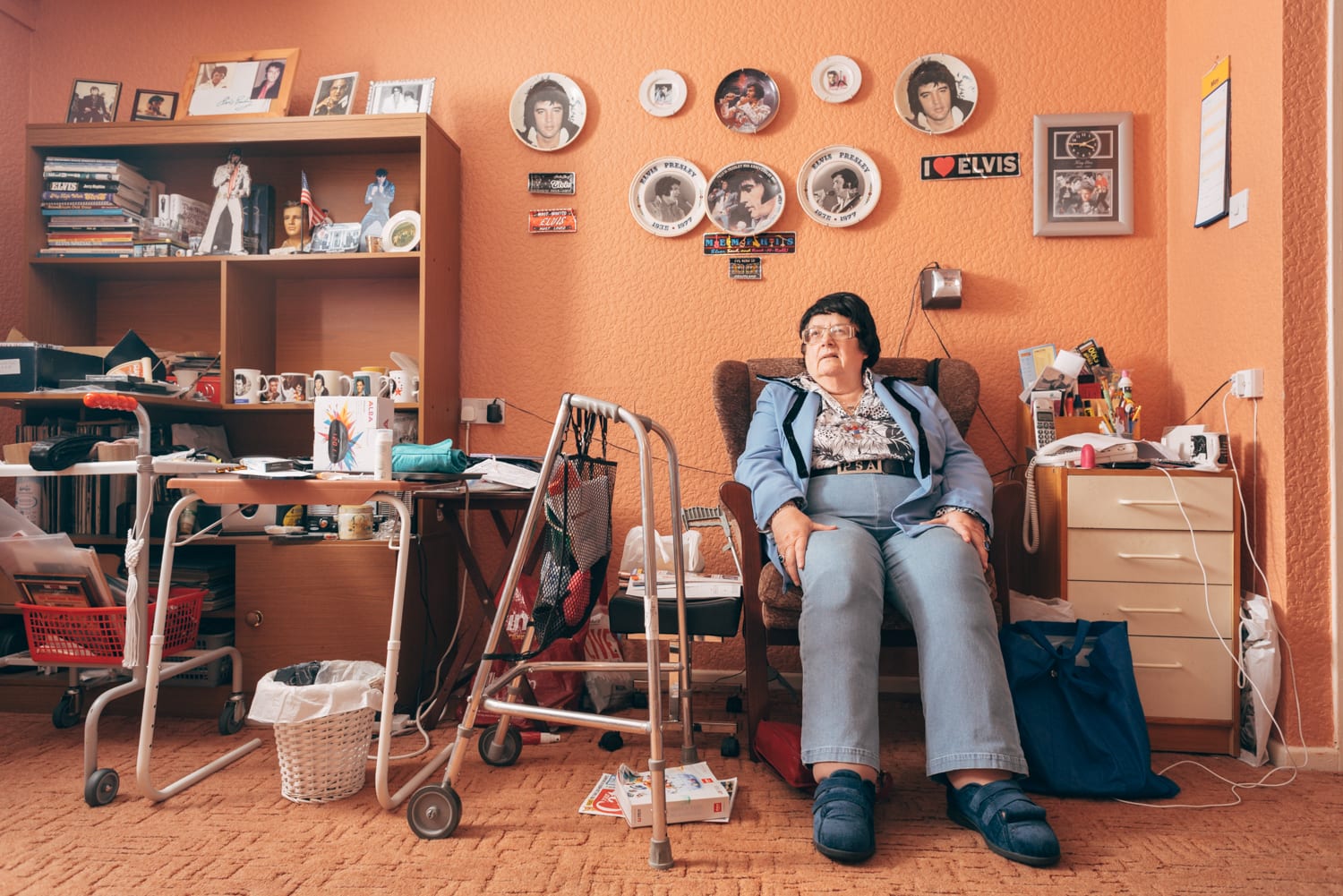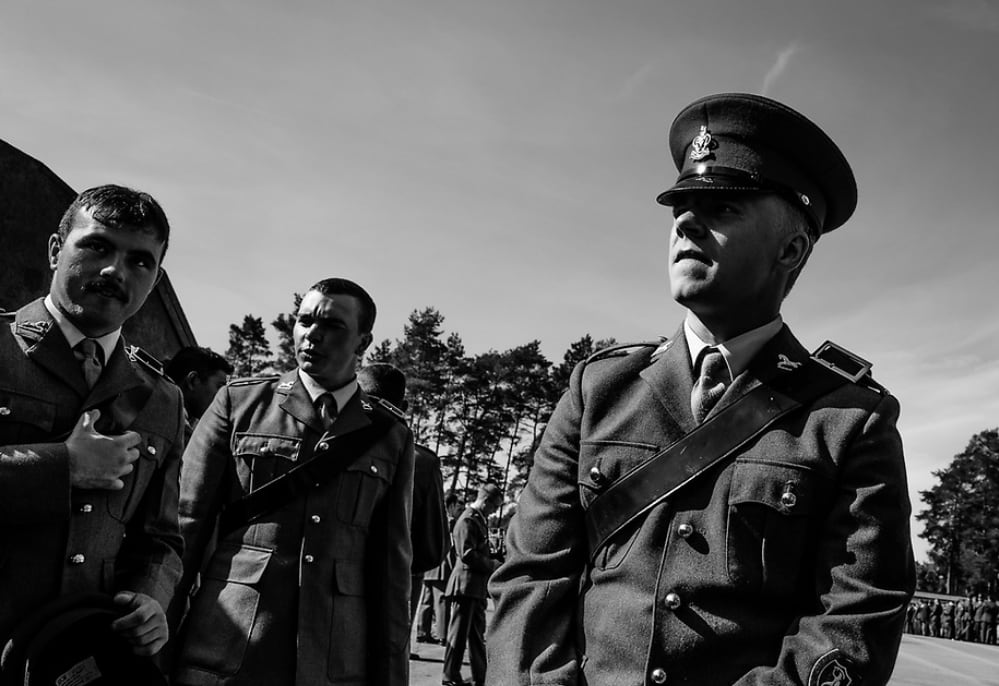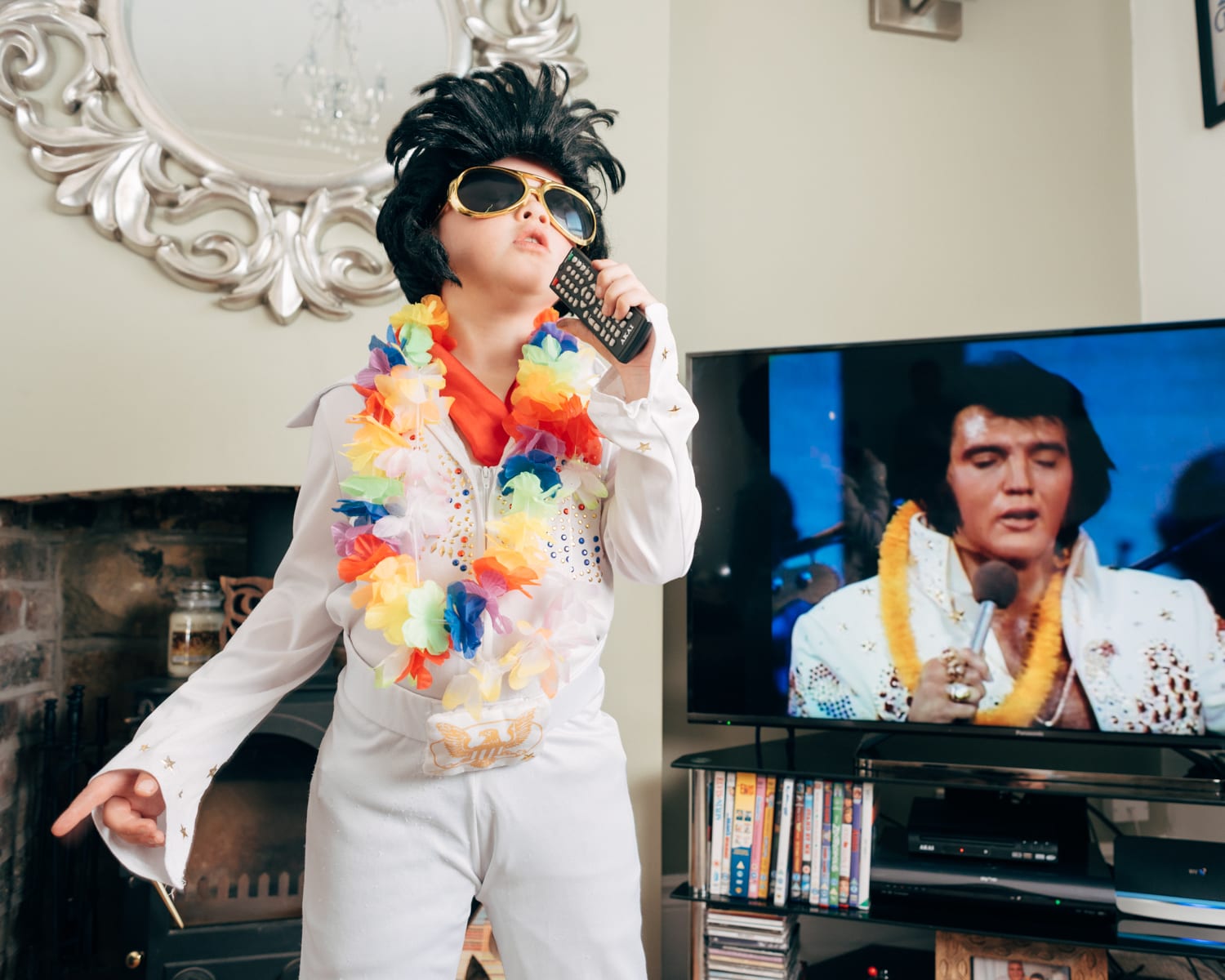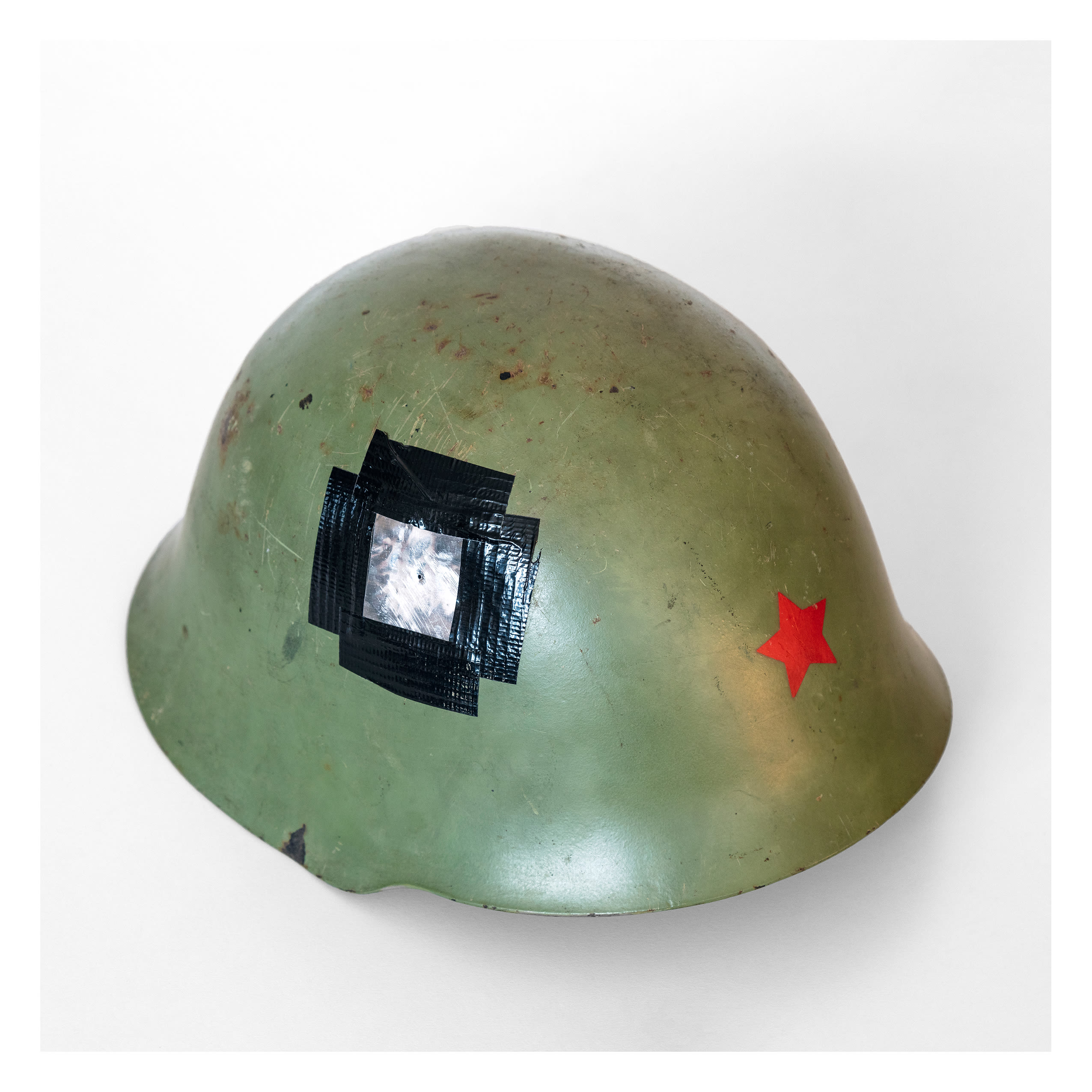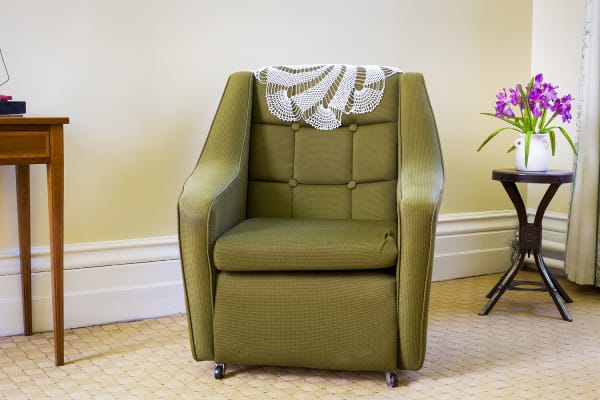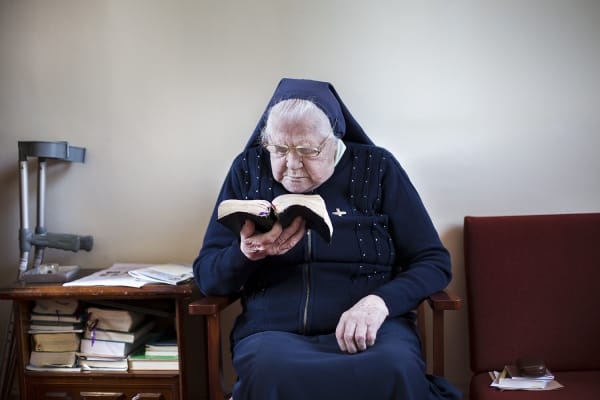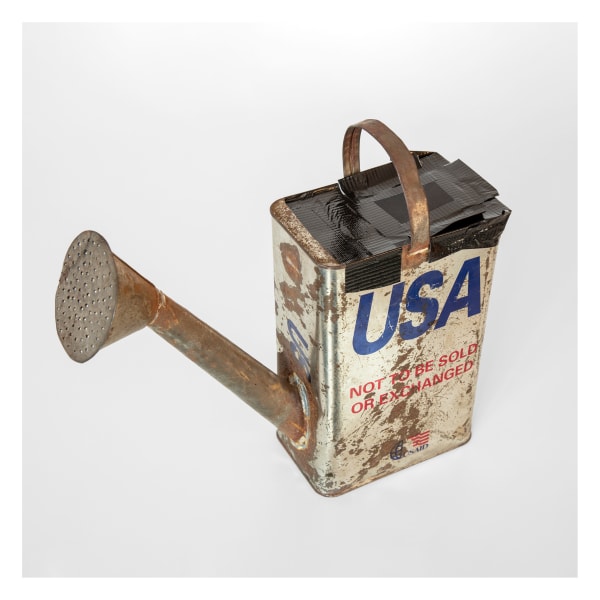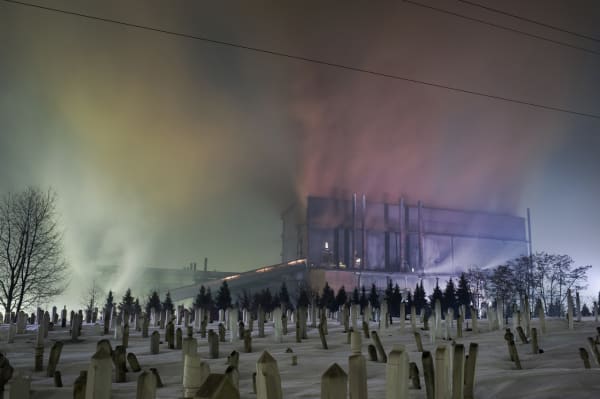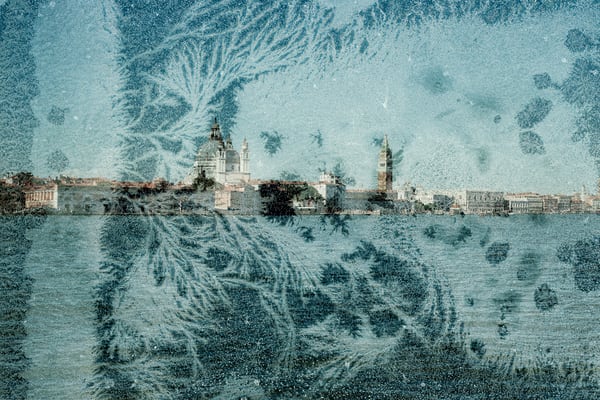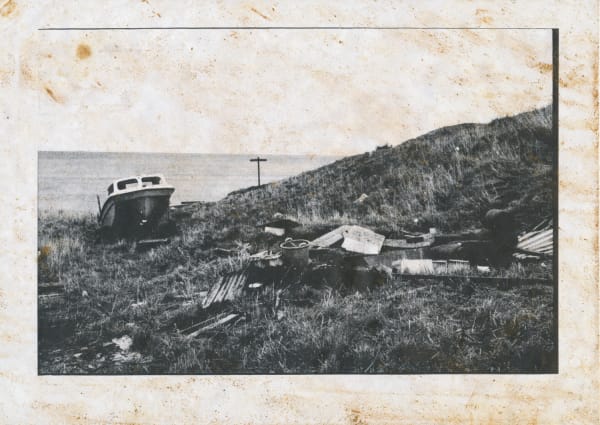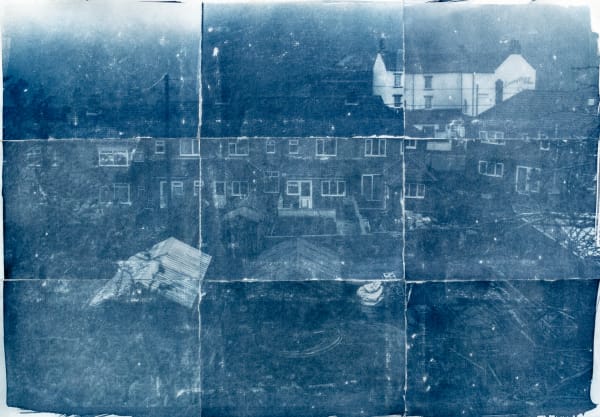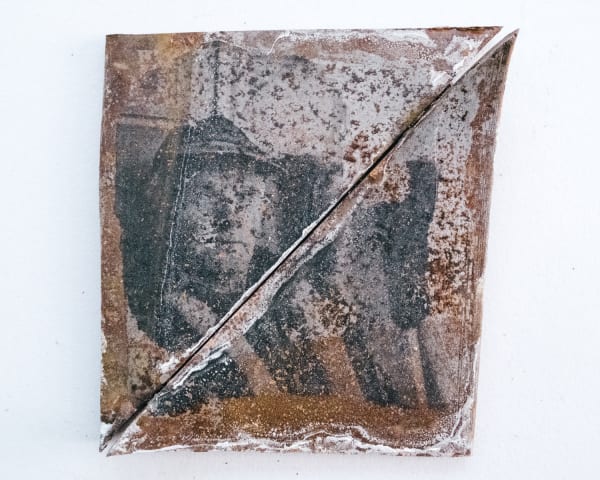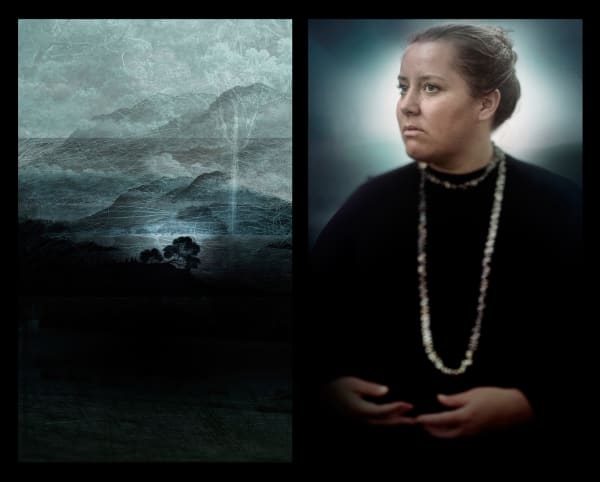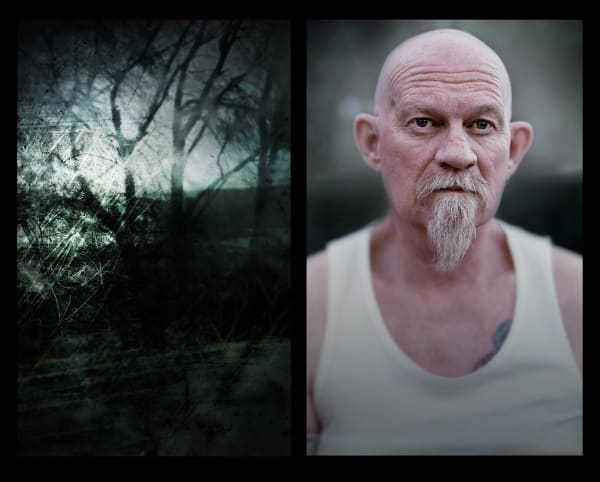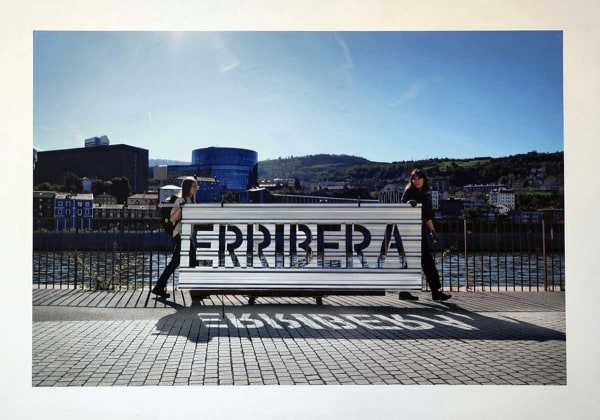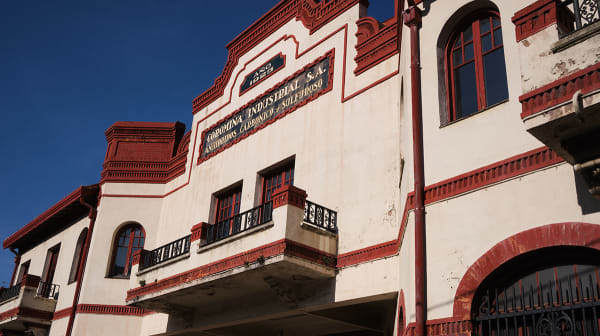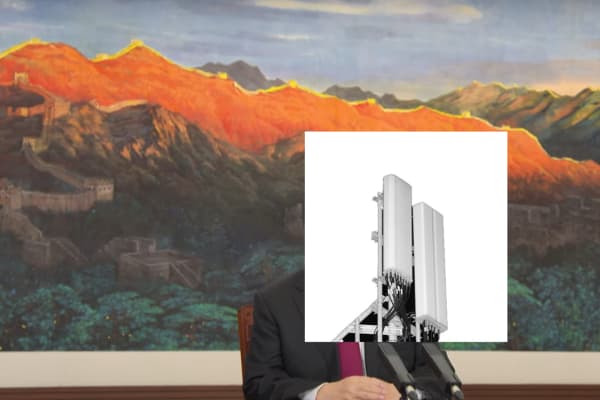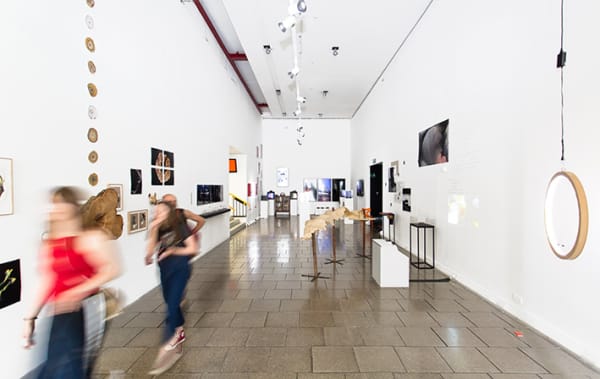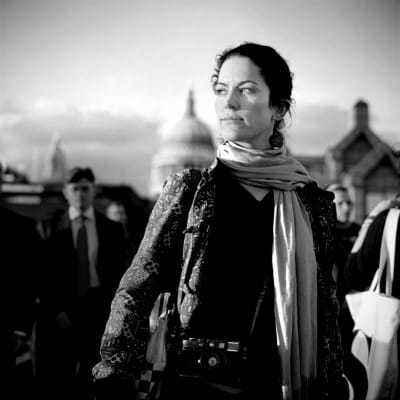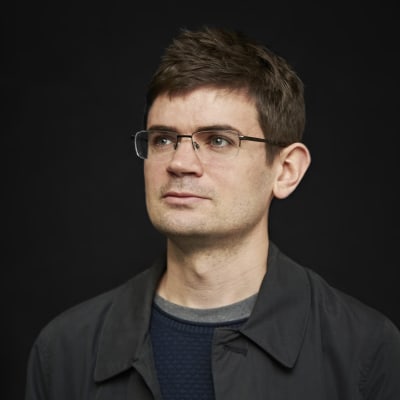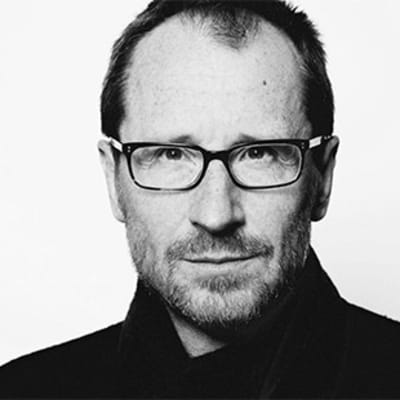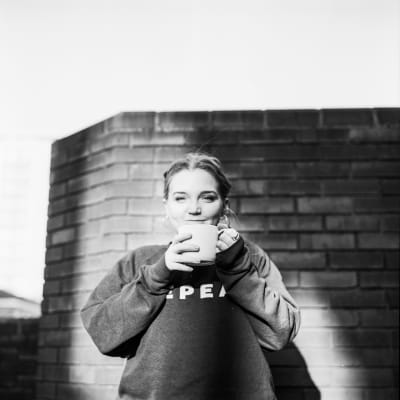Course units
We are committed to ensuring that your skills are set within an ethical framework and are embedding UAL’s Principles for Climate, Social and Racial Justice into this course.
Each course is divided into units, which are credit-rated. The minimum unit size is 20 credits. The MA course structure involves five units, totalling 180 credits.
Year 1
Photojournalism Practice (40 credits)
History of Photojournalism and Documentary Photography (20 credits)
In the first week, you’ll take part in an online induction programme, using web conferencing, in which you will:
- Become familiar with the course structure
- Be introduced to the teaching staff and your fellow students
- Access information about the Student Union, Student Services and Learning Resources
- Become familiar with PGNET, delivered through the software Moodle
In the Photojournalism Practice unit you will examine the theoretical, methodological and practical frameworks necessary for the research and production of successful photo essays.
The unit will explore the technical, aesthetic and journalistic aspects of the photo essay, including the generation of ideas, research, shooting, picture editing and caption writing.
Particular emphasis will be placed on developing a news sense of what ‘makes’ a story, and on the application of multimedia techniques in narrative storytelling.
History of Photojournalism and Documentary Photography unit traces and analyses the development and historical context of photojournalism and documentary photography, identifying the major practitioners and movements and paying particular attention to their methodologies.
The production, distribution and reception of contemporary photojournalism will be contextualised within a historical framework that takes account of social, political, cultural and economic factors.
Photojournalism Practice (continued)
History of Photojournalism and Documentary Photography (continued)
Collaborative Unit (20 credits)
The Collaborative Unit offers a unique opportunity to collaborate with external organisations and practitioners. Working to real-time briefs, this unit equips you with new methods of working, which will be invaluable post-graduation.
Rethink (20 credits)
Rethink further develops your knowledge of the methodology of documentary and photojournalistic production, culminating in the production of larger scale photo essays, series or installations. This is underpinned by an emphasis on research principles, strategies and methods.
Year 2
Research Project (20 credits)
Major Project (60 credits)
In your second year, you will complete a Research Project and a Major Project. The Research Project will consolidate your ideas for the Major Project in terms of your ethical approach, your theoretical and contextual framework, and your visual strategy. Your Major Project is an original, self- directed project involving the development and production of a substantial body of work, supported by a critical essay. You’ll be expected to apply the methodologies developed on the course, and demonstrate evidence of a mature and considered personal vision.
Major Project (continued)
If you are unable to continue or decide to exit the course, there are two possible exit awards.
A Postgraduate Certificate will be awarded on successful completion of the first 60 credits and a Postgraduate Diploma will be awarded on successful completion of the first 120 credits.
